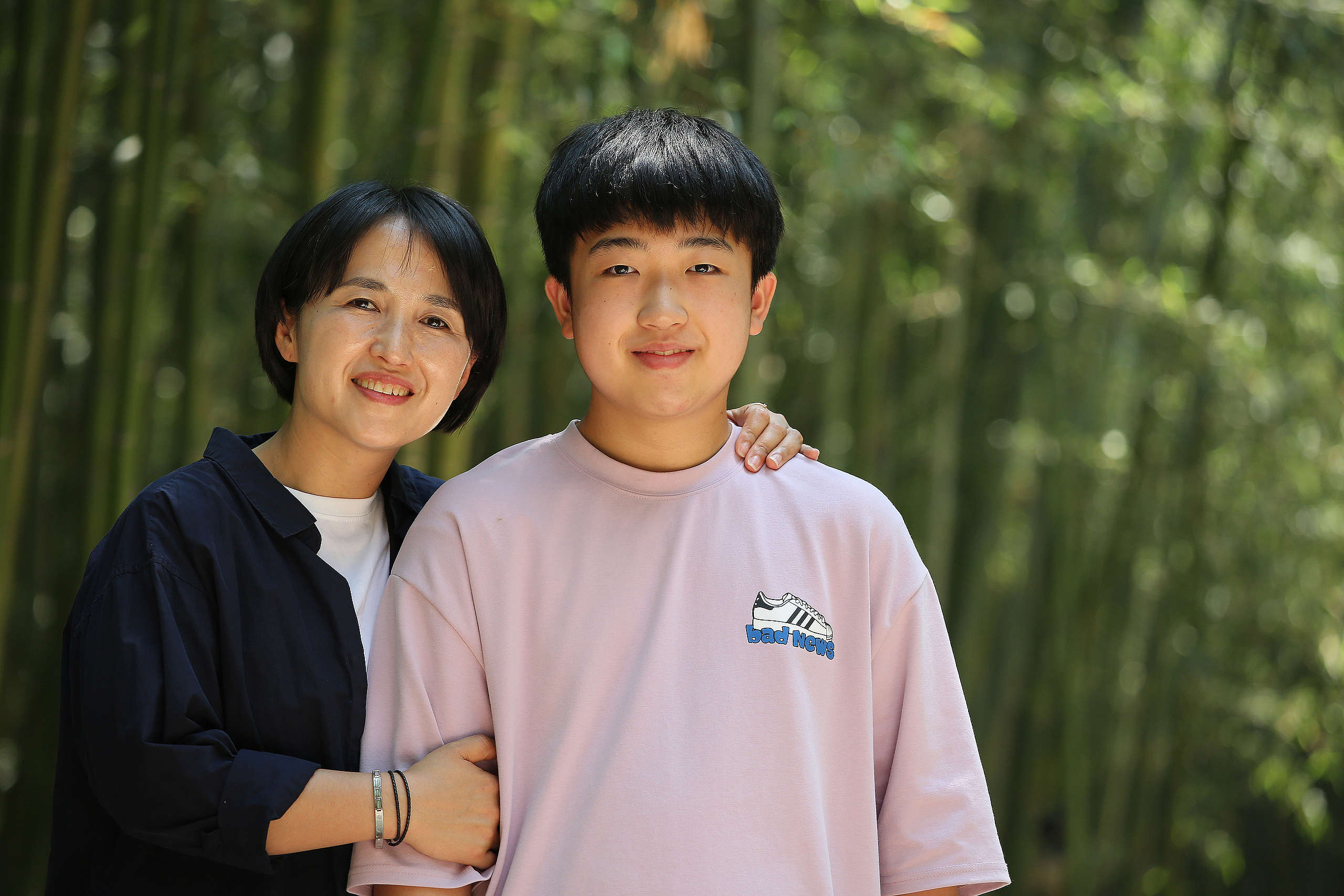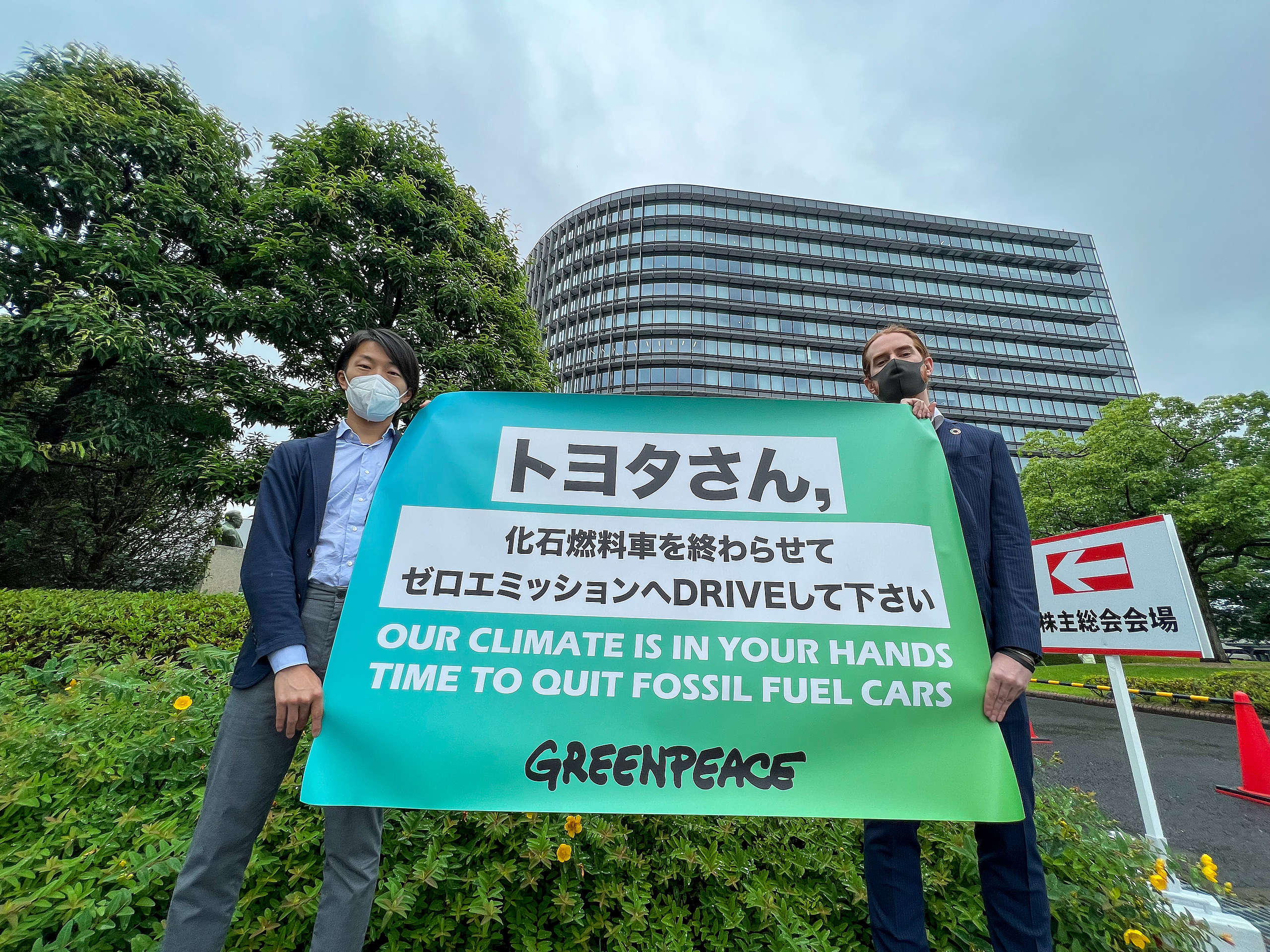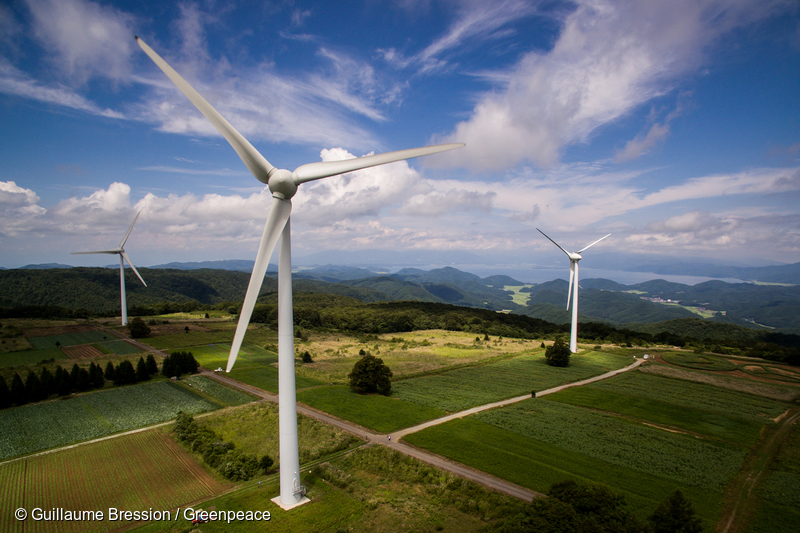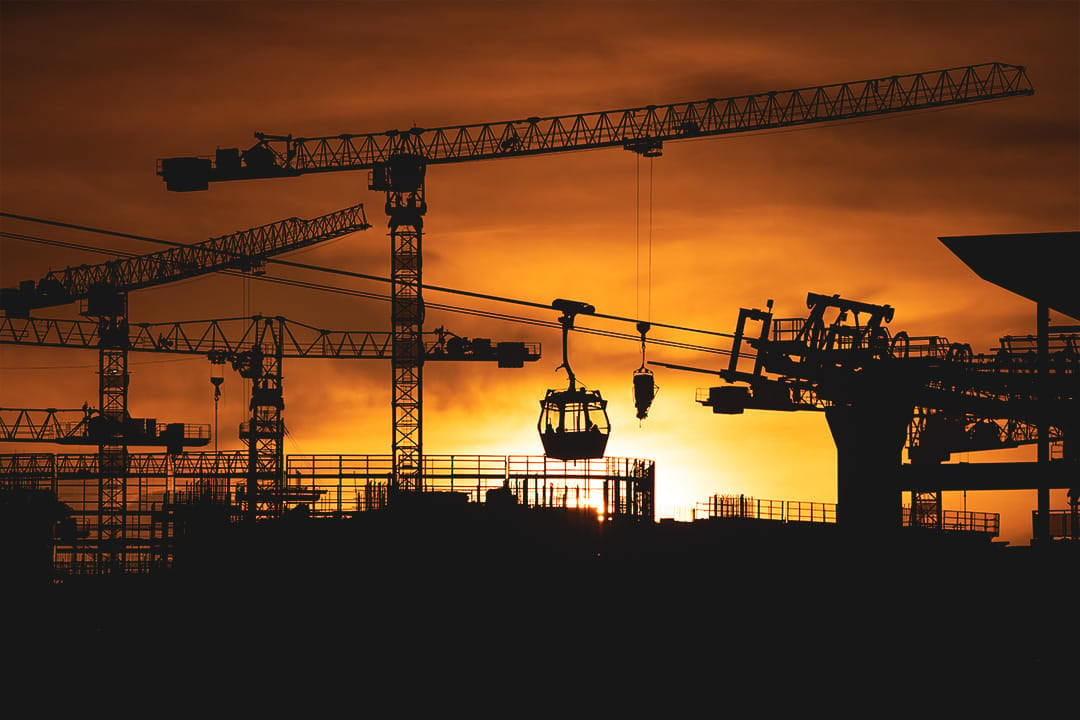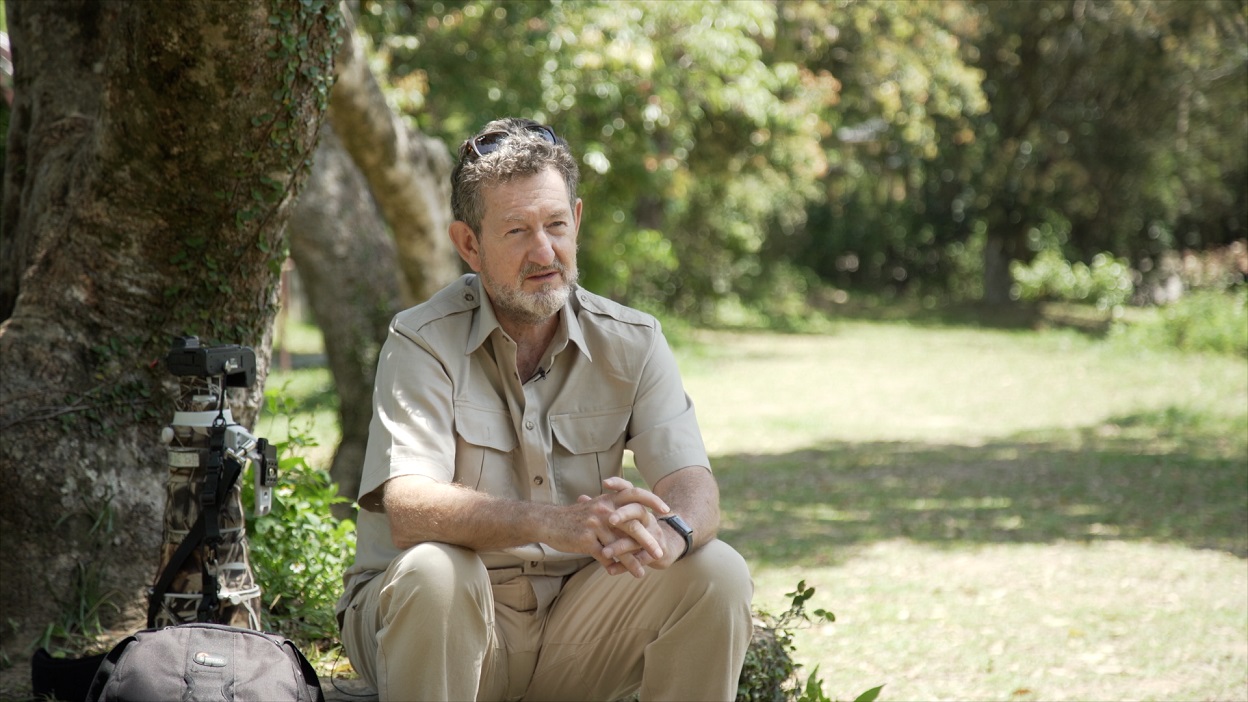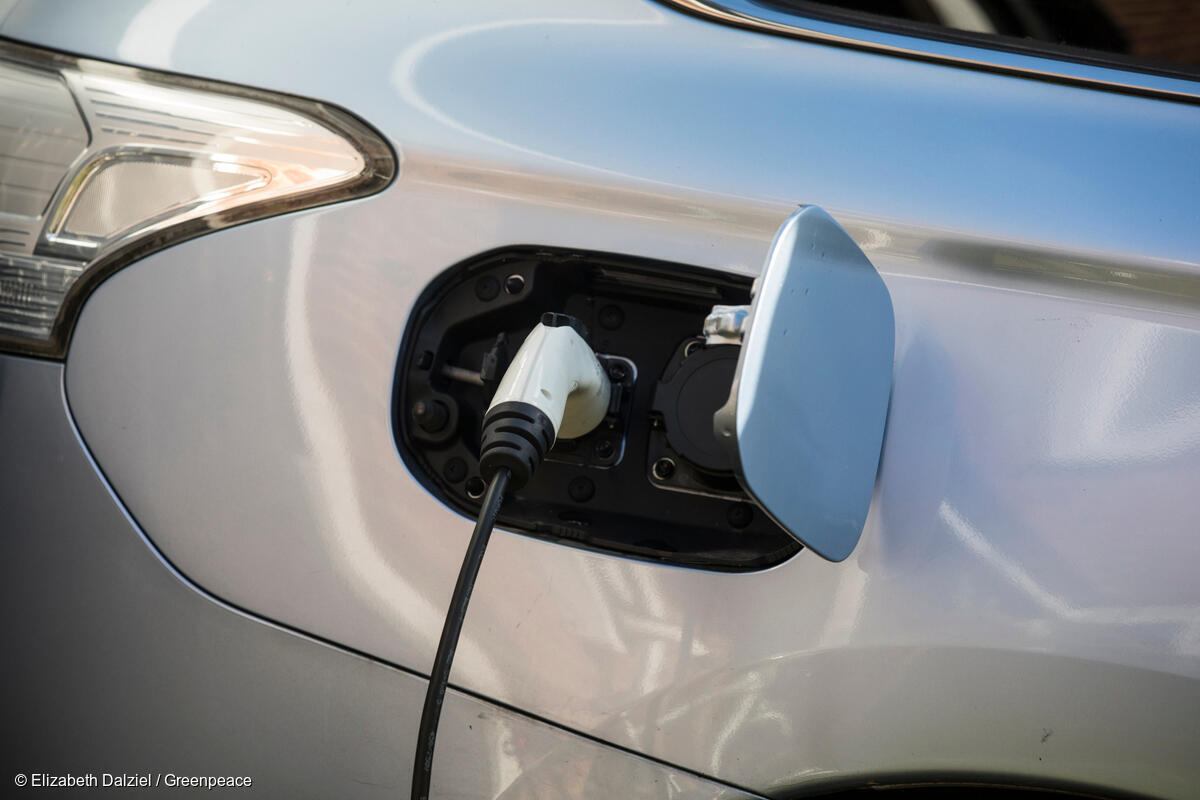All articles
-
‘We must phase out fossil fuel vehicles’: Auto workers speak up about climate justice
A major transformation is underway within the auto sector as fossil fuel cars are phased out in favor of zero-emission vehicles (ZEVs).
-
Greenpeace activists demand faster EV transition at Toyota AGM
Greenpeace Japan activists displayed a banner in front of Toyota Motor Corporation’s Annual General Meeting that called on the company to stop producing fossil fuel cars and protect the climate.
-
Sony updates carbon neutrality target: Greenpeace response
Today Sony Group Corporation (Sony) announced that it would accelerate its deadline to achieve carbon neutrality by 10 years.
-
Their stories through visuals: a way for awarded photographers to protect Lantau
In 2021, Greenpeace organized the “Save Our Lantau ” Photo Collection and Contest 2021and more than 300 people participated. The 700 photo entries received for the contest show how stunning and precious Lantau is. We invited 12 winners of the contest to share with us their unique stories about Lantau, to provide us, Hongkongers, with…
-
Let’s Talk About Climate Change: Ciao “Hong Kong WildCreatures”! Wildlife photographer Robert Ferguson encourages Hongkongers to explore, learn and protect our nature
The protagonist of the latest from the ‘Let's Talk About Climate Change’ series, Robert Ferguson, is a Hong Kong wildlife photographer living in the city for 30 years. It is saddening to bid farewell to Robert, a passionate and bold fellow, who has decided to move his home base to England. He shares how mesmerising…
-
Another plastic-free win! FamilyMart Taiwan to implement rental cup system
On March 31, FamilyMart announced that they would introduce an innovative rental cup system in 400 of their Taiwan stores. FamilyMart is the second biggest convenience store chain in Taiwan and the first in Asia to launch a large-scale reusable cup system. The announcement follows three years of campaigning by Greenpeace activists in Taiwan. FamilyMart’s…
-
BYD announces halt to fossil fuel vehicle production: Greenpeace response
Earlier this month Chinese carmaker BYD announced it had stopped manufacturing full combustion engine vehicles and that the company would focus exclusively on electric vehicles and plug-in hybrids going forward.
-
82% of Korean auto workers favor ban on new ICE vehicles by 2035: Greenpeace and KMWU survey
More than 80% of Korean auto industry workers favor a ban on the manufacture of new internal combustion engine (ICE) vehicles by 2035, according to a survey published by Greenpeace East Asia (GPEA) Seoul office in cooperation with the Korean Metal Workers’ Union (KMWU).
-
Will Hong Kong be on par with the world? Coca-Cola committed to making 25% packaging reusable by 2030
Coca-Cola, the leading multinational beverage company that produces over 120 billion plastic bottles per year, announced recently that they aim to make at least 25% of their product packaging reusable by 2030. We continue to aim high and advocate Coca-Cola to double its target to having 50% reusable packaging by 2030. In Hong Kong, Greenpeace…
-
Eco-farming for sustainability: Plastic-free campaigner Leanne Tam shares her weekend farming practice
Plastic-free Campaigner Leanne Tam has joined Greenpeace for nearly a year, the time when the Hong Kong Government finally kicked off the public consultations on policies addressing single-use plastics issue after years of advocacy. Leanne has devoted her full-time work to various roles at Greenpeace, from standing front at plastic-free advocacy, scientific research, to community…

